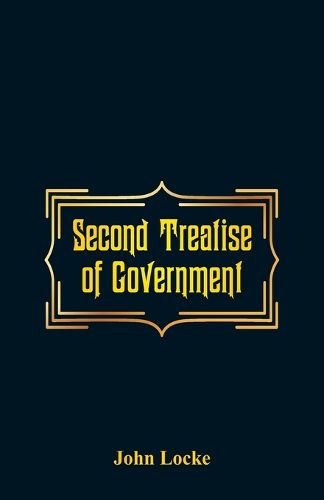Readings Newsletter
Become a Readings Member to make your shopping experience even easier.
Sign in or sign up for free!
You’re not far away from qualifying for FREE standard shipping within Australia
You’ve qualified for FREE standard shipping within Australia
The cart is loading…






This title is printed to order. This book may have been self-published. If so, we cannot guarantee the quality of the content. In the main most books will have gone through the editing process however some may not. We therefore suggest that you be aware of this before ordering this book. If in doubt check either the author or publisher’s details as we are unable to accept any returns unless they are faulty. Please contact us if you have any questions.
The Second Treatise is one of the most important political treatises ever written and one of the most far-reaching in its influence.
In his provocative 15-page introduction to this edition, the late eminent political theorist C. B. Macpherson examines Locke’s arguments for limited, conditional government, private property, and right of revolution and suggests reasons for the appeal of these arguments in Locke’s time and since.
$9.00 standard shipping within Australia
FREE standard shipping within Australia for orders over $100.00
Express & International shipping calculated at checkout
This title is printed to order. This book may have been self-published. If so, we cannot guarantee the quality of the content. In the main most books will have gone through the editing process however some may not. We therefore suggest that you be aware of this before ordering this book. If in doubt check either the author or publisher’s details as we are unable to accept any returns unless they are faulty. Please contact us if you have any questions.
The Second Treatise is one of the most important political treatises ever written and one of the most far-reaching in its influence.
In his provocative 15-page introduction to this edition, the late eminent political theorist C. B. Macpherson examines Locke’s arguments for limited, conditional government, private property, and right of revolution and suggests reasons for the appeal of these arguments in Locke’s time and since.